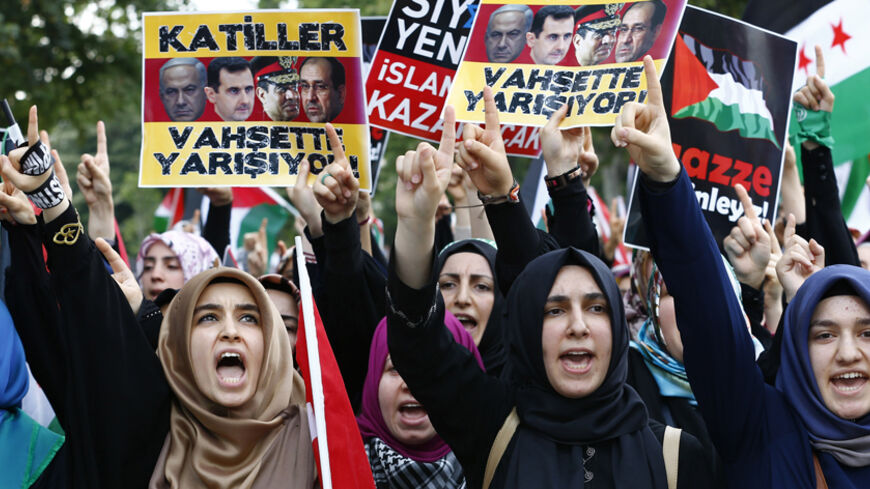Turkish/Jewish columnist Mois Gabay has caused ripples across Turkey with "Young Jews leaving Turkey," writing in his community’s newspaper, Shalom, that Jewish youths graduating from high school are increasingly leaving Turkey.
Because of the anti-Semitism that manifested itself in Turkey following Israel’s recent operation against the Gaza Strip, the column aroused more interest than usual. While Turkey’s mainstream media reprinted Gabay’s piece and expressed concern, some political Islamist media went with such titles as "Super news from Jews: They are leaving Turkey."



